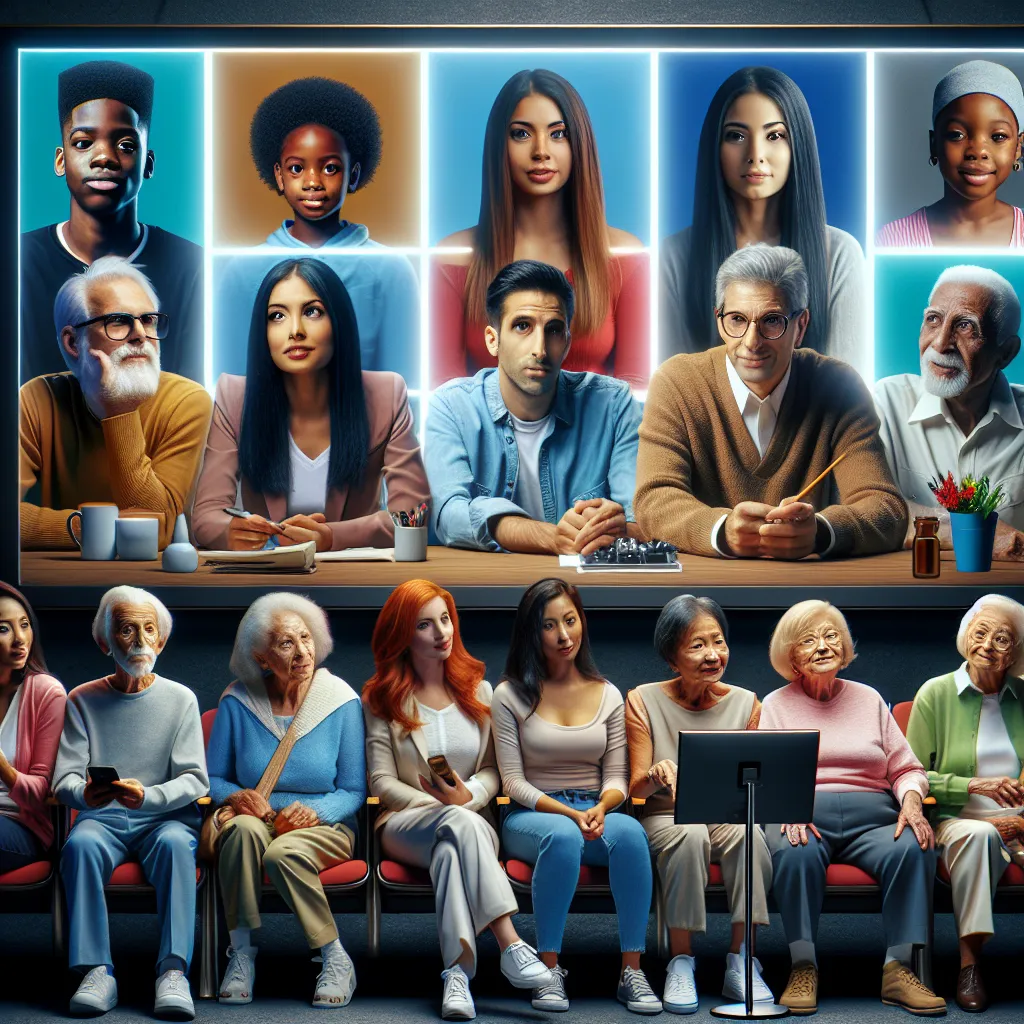The Transformation of Entertainment: The Rise of Online Shows
The entertainment industry has undergone a significant transformation in recent years, with the rise of online shows playing a major role in this evolution. The traditional model of television broadcasting has been disrupted by the increasing popularity of online streaming platforms, such as Netflix, Hulu, and Amazon Prime Video. This shift has not only changed the way audiences consume content but has also impacted the way content is produced and distributed.
One of the key reasons behind the rising popularity of online shows is the convenience and flexibility they offer to viewers. Unlike traditional television, online shows allow audiences to watch their favorite content at any time and from any location, using a variety of devices, including smartphones, tablets, and smart TVs. This on-demand access has revolutionized the way people experience entertainment, making it more tailored to their individual preferences and schedules.
Furthermore, the rise of online shows has led to a surge in original and diverse content. Streaming platforms have invested heavily in producing high-quality series and films, attracting top talent and offering opportunities for storytellers from different backgrounds to showcase their work. This has resulted in a wider range of genres, styles, and perspectives being represented in the entertainment industry, catering to a more diverse and global audience.
In addition to this, the data-driven nature of online streaming platforms has revolutionized the way content is recommended and personalized for viewers. By leveraging user data and algorithms, these platforms can suggest shows and films that align with the viewer’s preferences, creating a more curated and tailored entertainment experience.
Overall, the rise of online shows has transformed the entertainment industry, reshaping the way content is created, consumed, and distributed. As streaming platforms continue to innovate and expand their offerings, online shows are expected to further solidify their position as a dominant force in the entertainment landscape.
The Impact of Online Shows on Traditional Media
With the rising popularity of online shows in the entertainment industry, there has been a significant impact on traditional media. Online shows, also known as web series, have revolutionized the way audiences consume content, posing a challenge to traditional TV and film platforms. The convenience of streaming services and the availability of diverse online content have led to a shift in viewership habits.
Online shows have introduced a new era of digital entertainment, attracting a growing number of viewers who prefer on-demand and personalized content. This shift in consumer behavior has forced traditional media to adapt to the changing landscape by incorporating online streaming platforms or developing their own digital content. Additionally, online shows have provided opportunities for independent creators to produce and showcase their work to a global audience, bypassing the traditional gatekeepers of the entertainment industry.
Furthermore, the impact of online shows on traditional media can be observed in the way marketing and advertising strategies have evolved. Brands are now investing in digital platforms to reach their target audiences who are increasingly consuming content online. This has led to a reevaluation of advertising budgets and a greater emphasis on digital marketing strategies.
In conclusion, the rising popularity of online shows has disrupted the traditional media landscape, challenging established norms and paving the way for a more diverse and dynamic entertainment industry.
The Future of Entertainment: Navigating the Online Show Revolution
In recent years, the entertainment industry has witnessed a significant shift towards online shows, marking a revolution in the way audiences consume content. The rising popularity of online shows can be attributed to several factors, including the accessibility of streaming platforms, the diversification of content, and the changing preferences of digital-savvy consumers. As we navigate this online show revolution, it becomes evident that the future of entertainment is closely intertwined with the digital landscape.
Streaming platforms such as Netflix, Amazon Prime, and Hulu have played a pivotal role in reshaping the entertainment industry. These platforms offer a vast library of online shows spanning various genres, allowing viewers to explore diverse content at their convenience. Furthermore, the rise of original programming produced exclusively for online platforms has drawn in a global audience, challenging the traditional dominance of television networks and cable providers.
Moreover, the convenience of on-demand streaming has redefined the way audiences engage with entertainment. Viewers now have the freedom to watch online shows on their preferred devices, whether it’s a smart TV, laptop, tablet, or smartphone. This shift towards multi-device consumption has spurred a new era of entertainment, prompting content creators to optimize their online shows for seamless viewing across different screens.
As the online show revolution continues to gain traction, content creators, producers, and streaming platforms are compelled to adapt to evolving trends. The future of entertainment lies in the ability to harness the potential of online shows, leveraging data analytics and consumer insights to tailor content that resonates with global audiences. Additionally, the convergence of technology, storytelling, and interactive experiences is poised to shape the next generation of online shows, offering viewers immersive and personalized entertainment experiences.
In conclusion, the rising popularity of online shows signifies a profound transformation in the entertainment industry, ushering in a new era of digital content consumption. As we navigate this revolution, it is apparent that online shows will play a central role in shaping the future of entertainment, presenting both opportunities and challenges for industry stakeholders to innovate and redefine the way we experience compelling and captivating content.





